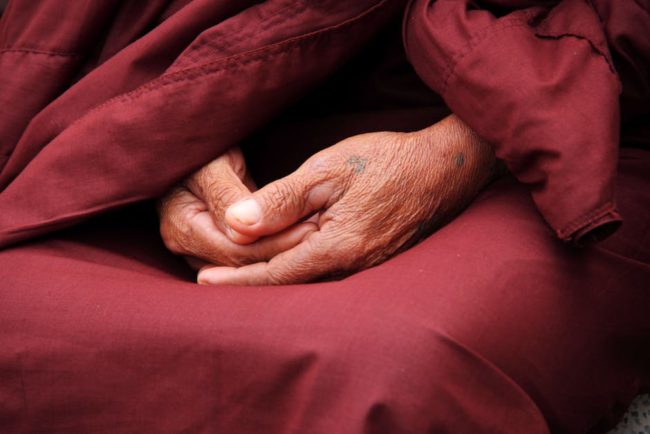
This article was originally published on Kaplan Test Prep’s Calling All Nurses
In today’s global healthcare system, nurses provide care for people from all different backgrounds and cultures. It is very important that nurses take the time to get to know their patients’ cultural and religious considerations so that they may quickly build a strong rapport and therapeutic relationship with their patients and their family members.
In part one of this two part series, we will identify three strategies that nurses can use to develop cultural competence in nursing in order to provide the best quality of care:
Cultural competence in nursing and assumptions don’t mix
Although you may have been taught specifics about a certain culture, race, or religious group, it is important that you never make assumptions about an individual or their beliefs. Asking questions about their cultural practices in a professional and thoughtful manner should be done upon admission, and that information should be passed in report to each nurse that will care for the patient. By taking the time to clarify if the patient has any specific cultural or religious requirements, you are one step closer to achieving cultural competence in nursing.
Explain every detail to ensure understanding
When providing education or giving instructions to your patients, be sure to avoid using medical jargon—especially if their native language is not English. Be sure to always explain every detail about what to expect, and be sure to always get permission before performing any skill or task. Ensuring that your patient and their family members fully understand the plan of care, and what they can do to help promote healing, will surely help you in delivering culturally sensitive care.
Withhold judgments about cultural preferences
There may be certain customs or practices that your patient and their family members take part in during the time that they are in your care that you may find strange, or not ideal. It is important that as long as these practices do not cause further harm, that they should be respected and allowed to promote holistic wellness. For example, the lighting of incense or candles is not permitted in healthcare facilities for fire safety and the safety of others with respiratory sensitivities. However, LED candles and incense oils may be a good compromise. Regardless of the cultural differences, nurses must withhold their judgments in order to uphold cultural competence in nursing.
Stay tuned for part 2, where we will identify three more strategies for delivering culturally sensitive care.
Best Wishes!
-Damion












